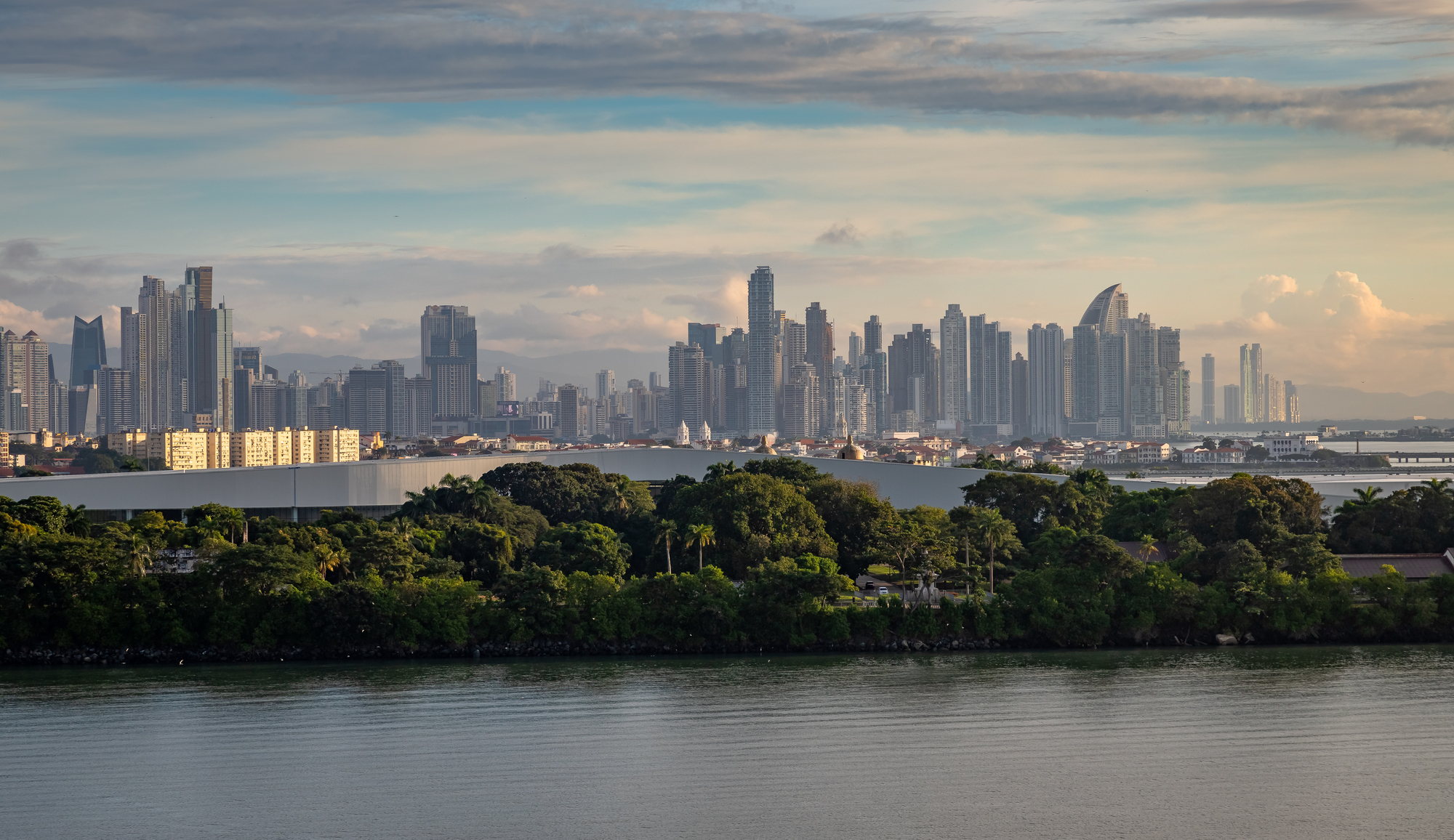A study of Canada’s underground economy names the residential construction sector as the main culprit.
The underground economy is defined as market-based economic activities, whether legal or illegal, that escape measurement because of their hidden, illegal or informal nature.
A new study by Statistics Canada looked at data from 1992-2016 and found that this activity amounted to $51.6 billion in 2016, equivalent to 2.5% of GDP. It was a rise of 3.5% compared to 2015, exceeding the 2.0% growth of the total economy GDP.
The residential construction sector was responsible for 26.6% of the underground activity, far exceeding second placed retail trade (13.5%).
The largest share of underground activity across all sectors was labour compensation (46.8%) with a total of $24.2 billion in undeclared wages – equivalent to $1,669 for every job in the business sector in 2016.
The total value of underground economic activity in 2016 was highest in the four largest economies: Ontario ($19.7 billion), Quebec ($11.9 billion), British Columbia ($7.6 billion) and Alberta ($5.8 billion).
However, as a share of total GDP, PEI had the highest level of underground activity, representing 3.1% of the province’s total economy GDP.
Steve Randall has more than three decades of media experience encompassing online, newspapers, magazines, radio, and podcasts. He focuses on insights and news for professionals in finance, real estate, and legal services. Steve writes for multiple Key Media titles in Canada, United States, Australia, and New Zealand.








